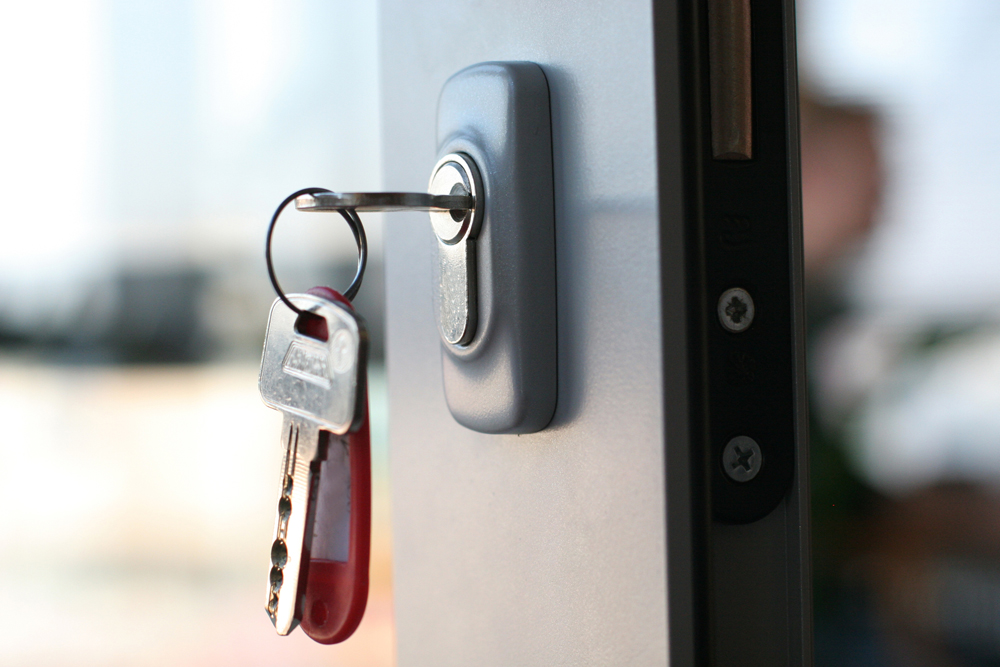
There are many ways you can damage your chances of a successful home sale – poor staging, ignoring necessary repairs, skimping on the photography, etc. One of the easiest ways to ensure your property stays on the market for a long time is to fall prey to the allure of over-pricing. Many homeowners have an unrealistic idea of what their house is worth, and may even ignore the advice of a qualified Realtor who helpfully tries to suggest a more reasonable price based on current market value and comparable home sales. Here are a few reasons why sticking to your fantasy price can be disastrous…
Today’s buyers are smarter than you think they are.
The days of the slick seller pulling one over on an unsuspecting buyer are over. With the help of the Internet – and the powerful tools available to the real estate agents representing buyers, as well as appraisal and inspection requirements for property transactions – buyers have become far more educated in this millennium than they were in the past. It is not uncommon for a buyer to have the property information readily available and to have taken a virtual tour of a home before they show up to an open house. You can trust that they won’t be fooled by a home that’s priced too far above market value. Therefore, over-pricing your home will leave you at a bigger disadvantage because…
Less potential buyers will be interested.
As previously mentioned, many buyers check out properties online and with the help of their agents, rather than simply showing up uninformed to an open house. If the buyer is working with a skilled Realtor or real estate agent, they will likely know the home is over-priced, and may not bother checking it out. Discouraging leads with a high price means a smaller pool of potential buyers for you to impress – who may also pass on the house.
You’ll influence potential buyers to purchase a house – just not yours.
Price is relative – the idea of ‘cheap’ or ‘expensive’ only exists because there is a reference point in the mind of consumers to which they compare other comparably priced products. If a new car is priced at $24,999 and the same dealership has similar model just a year older for $21,999, the buyer feels like their getting a ‘deal’ by purchasing the less expensive car. Retail establishments use this concept of ‘price anchoring’ as well. If you see two coffee makers on the same shelf, and one has a few extra features but is twice the price, you’re likely to go with the less expensive model that will make coffee just as well.
While this is a great marketing strategy for a store with an excess of lower priced coffee makers they’re trying to move, or a dealership trying to clear out last year’s models, it’s not so great when your house serves as the ‘price anchor.’ This is yet another danger of overpricing your home – you run the risk of making Mr. Neighbor-Down-the-Street’s house look like a great deal, which in turn helps him sell his house faster while yours lingers on the market.
The buyer may love it, but the bank won’t.
If you ignore the advice of your Realtor (or are trying to sell your home yourself and ignore the research and statistics on comparable homes) and decide to list your house at your fantasy price, you may have the luck of finding a naïve potential buyer who falls in love with the property and is willing to pay what you’re asking. Good for you. The problem with this is that the vast majority of home purchases require some type of financing. In order to secure financing, the bank or credit union will require an appraisal. If you home price does not compare with current market conditions or similar, recently-sold homes then the financing will not be approved and your sale will fall through. Regardless of whether or not the potential buyer was pre-approved for a mortgage for that amount, financial institutions will not lend individuals money for investments that don’t add up.
Re-listing regrets.
If you’re thinking that you’ll just re-list your home – maybe at a more reasonable price – and wait for the next buyer to come along, think again. The longer your house sits on the market, the less likely it is to sell. Even worse, if potential buyers see the home price has been reduced a time or two, they’re going to wonder what is wrong with the house to cause it not to sell. Your listing quickly becomes stale, which makes negotiating harder for you when you do find a potential buyer because you’ve lost ground; your home is no longer a hot item, and that puts the ball in their court. Additionally, if you need to sell your home by a specific deadline to provide you with funds to close on another home, for retirement, moving, etc., the longer your listing stagnates the more rushed you will be to finally sell it, which means you may end up accepting an offer that is far below market value.
If you’re still tempted to over-price the home you’re listing, check with a professional Realtor and get an accurate appraisal before you make your final decision. The repercussions can seriously damage your chances of selling your home, and it is not worth the money you could eventually lose to price high now hoping someone will fall in love with your property and be willing to pay what you’re asking.
For more tips on choosing a Realtor who can help you determine your home's actual value, read Stefani's post 5 Tips for Choosing a Realtor or give her a call today!
Posted by on

Leave A Comment